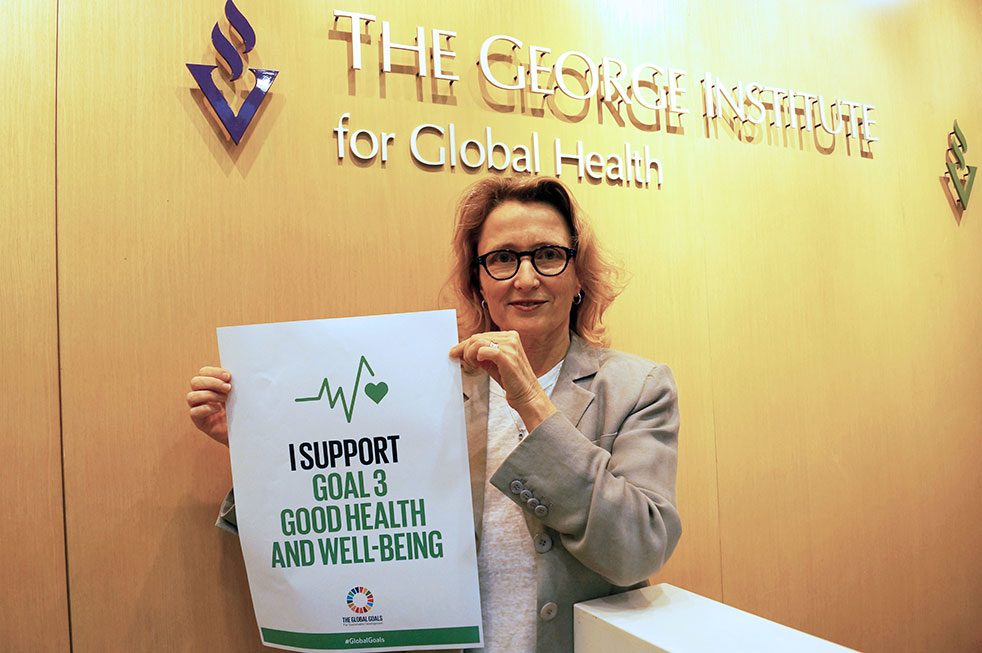
Researchers call to include gender in research impact assessment
The George Institute for Global Health has joined a global call to include gender in research impact assessment.
Professor Robyn Norton, Principal Director of The George Institute, joined more than 40 health researchers around the world in an article published in Health Research Policy and Systems, arguing that gender-sensitive research impact assessment could become a force for good in moving science towards gender equity.
“Women across the world tend to be significantly underrepresented in research both as researchers and research participants, receive less research funding, and appear less frequently than men as authors on research publications,” they write. “There is also some evidence that women are relatively disadvantaged as the beneficiaries of research, in terms of its health, societal and economic impacts.”
The authors give ‘Yentl syndrome’ as an example of unintentional but significant sex bias in medical research, where women can sometimes receive improper treatment for coronary heart disease due to the fact that most of the research has been conducted in men. As heart disease can differ between the sexes, there is evidence some women may have died unnecessarily in the past.
The authors propose addressing these biases by focusing on “research impact assessment”, an approach to science that emphasises the impact of research on society and policy, instead of advancing knowledge for its own sake. “The driving forces behind research impact assessment have been conceptualised into the Four ‘As’ of Advocacy, Accountability, Analysis and Allocation,” they write and summarise with this graphic:

The authors conclude with: “We call on research funders, research institutions and research evaluators globally to include gender in research impact assessment in order to maximise scientific, societal and economic returns on investment in research.”
In February 2016, Prof Norton and The George Institute published ‘Women’s Health: A New Global Agenda’ which similarly called for a change in the way data is collected and how research is conducted. In order to improve women’s health, that paper called for health data to be separated by sex and for researchers to include sufficient numbers of women in scientific studies.
“As we deepen our understanding of how the human body works, we know that women and men respond differently to disease and to possible interventions,” said Prof Norton. “We are also beginning to understand that health systems respond differently to women and men such that both access to care and the quality of care differs. Yet, far too commonly, there is no delineation of gender in health data, and women are underrepresented in many scientific and clinical studies.
“At The George Institute, we believe that ones’ health and life expectancy shouldn’t be determined by geography, socioeconomic status, fate – or gender.”
Read the full article in Health Research Policy and Systems.








